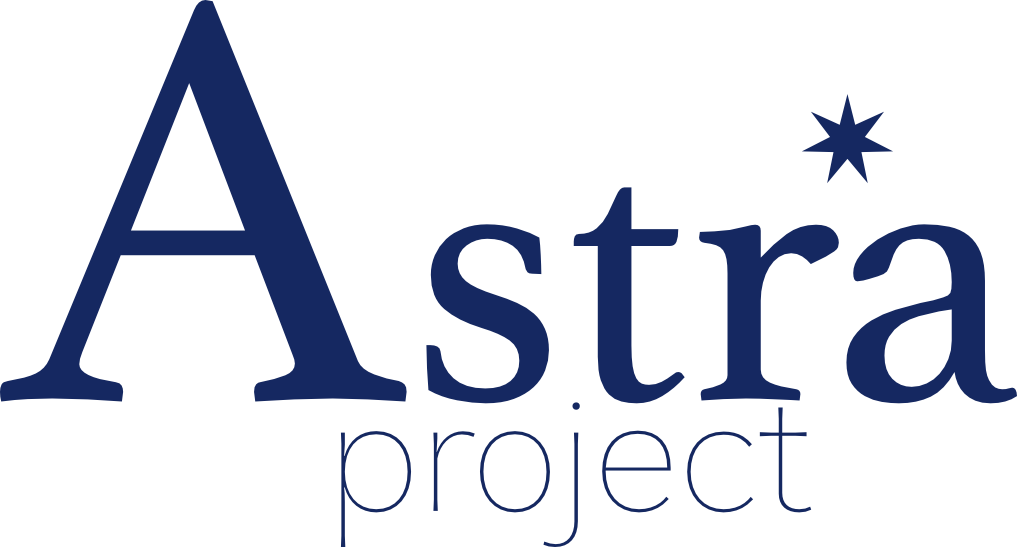The Astra Project: Historical research on astrological techniques and practices
Team
Research team
Helena Avelar (PI, CIUHCT-UL/The Warburg Institute)
Luís Campos Ribeiro (CIUHCT-UL)
Samuel Gessner (CIUHCT-UL)
Eunice Santos (University of Lisbon)
Scientific advisors
Charles Burnett (The Warburg Institute)
Henrique Leitão (CIUHCT-UL)
Dorian Greenbaum (University of Wales Trinity St David)
David Juste (Bayerische Akademie der Wissenschaften)
Dag Nikolaus Hasse (Universität Würzburg)
Stephan Heilen (Universität Osnabrück)
José Chabas (Universitat Pompeu Fabra)
Matthieu Husson (CNRS, Observatoire de Paris)
Benno van Dalen (Bayerische Akademie der Wissenschaften)
H Darrel Rutkin (Università Ca' Foscari Venezia)
Steven Vanden Broecke (Ghent University)
Sophie Page (University College London)
Günther Oestmann (Technische Universität Berlin)
Shlomo Sela (Bar-Ilan University)
About the project
Astra is an international, multidisciplinary project for the study of the history of western astrological doctrines, techniques, and practices from antiquity to the early modern period. The project is housed in CIUHCT (Interuniversitary Centre for the History of Science and Technology), University of Lisbon, and its developed in partnership with The Warburg Institute, University of London.
The main focus is on the History of Astrology, specifically astrological techniques, and it is open to collaboration with related areas, such as the history of astronomy, medicine, magic, geography, and philosophy. The goal is the study of the history of astrological practices in western culture, by a careful and systematic analysis of the main texts and textual traditions. This entails the study of traditions, concepts, techniques and practices from many perspectives such as historical, mathematical and linguistic.
This project comes forth at a time when a strong corpus of historical studies on astronomical mathematics is already available, many astrological sources have been critically edited, and new perspectives on the historical role of astrology in science and culture has been established. The moment has come to study the inner structure of astrology, thus complementing the aforementioned studies and advancing the understanding of the historical, cultural and scientific role of astrology in the pre-modern world.
Goals
The goal of Astra is an in-depth study of the history of astrological doctrines and practices. In particular, it will investigate the creation, application, and development of astrological techniques: the principles and concepts that form the core of the astrological interpretation. Despite astrology’s importance in western pre-modern culture, the academic study of its very functioning has so far been scarce. Understanding astrology’s inner workings becomes essential to understand astrology itself. The project assembles and compiles the research already produced to create a ground base from which to develop further research. Its goal is to achieve a comprehensive view of the history of astrological practices. The project researches the history of the principles behind the astrological judgment of celestial configurations, investigating how these rules of interpretation were shaped, their rationale, their application, and, most importantly, their role in the pre-modern world. It assesses the influence of the methods of astrological judgment on the development of other sciences and arts. Together with the technical and scientific aspects, it also explores the cultural implications of their use: how they derive from natural knowledge and what is the impact of their use in culture itself? The overall goal is to achieve a better understanding of astrology’s place within the history of science and the history of ideas.
The project develops three lines of research:
- The astrological corpus: history, concepts and techniques
The core research line – the in-depth understanding of the mechanisms of astrological interpretation and its history. It focuses on the historical development of the techniques for astrological judgement, their rationale, their method, and the instruments and tables used. A crucial facet of this research is the understanding of the differences between astrological theory and astrological practice.
- Circulation of knowledge: teachers, students and readership
The transmission of the astrological corpus through manuscripts and books. It studies its development, the changes it underwent throughout time, and its interactions with other fields of knowledge. It also studies its teachers, its students, its circulation and reception in several periods and cultures.
- The context and the practitioners: social, political and religious factors
An exploration of the astrological techniques through their practitioners: who they are, what education they have, the books they use, the practices they apply, their clients and the services they require. A study of how external factors impacted on the astrological corpus, examining how factors such as belief, demand, or patronage shaped ideas and practices.
Outputs
This project aims to provide a unique set of tools indispensable to historians in general.
- A comprehensible searchable database including
- a compendium of astrological techniques, with information regarding their application and development
- references to the sources and to the academic studies that mention them
- Instrumenta
- Bibliography of academic publications on the history of astrology
- Glossary of astrological terms, their usage and development
